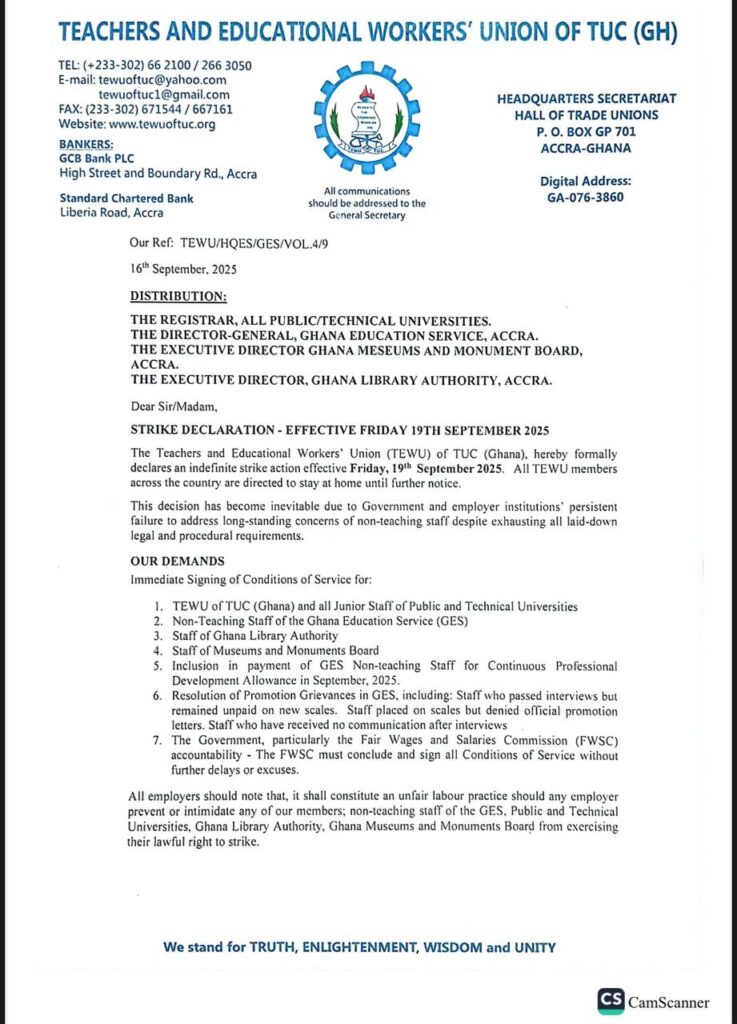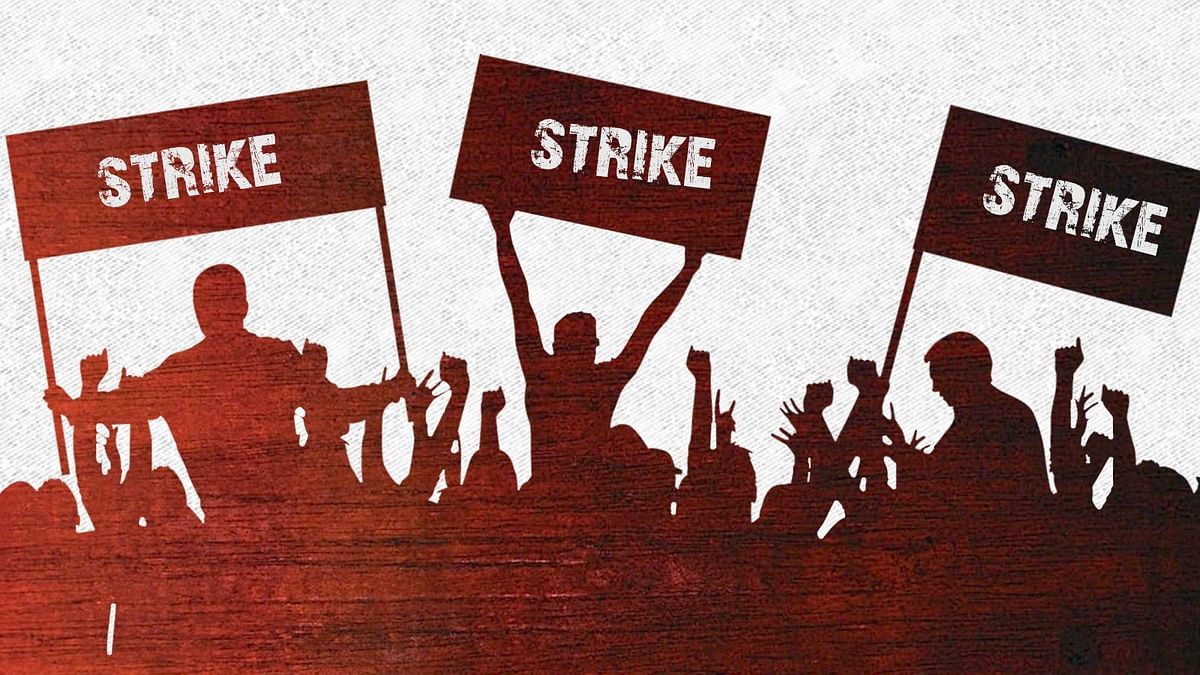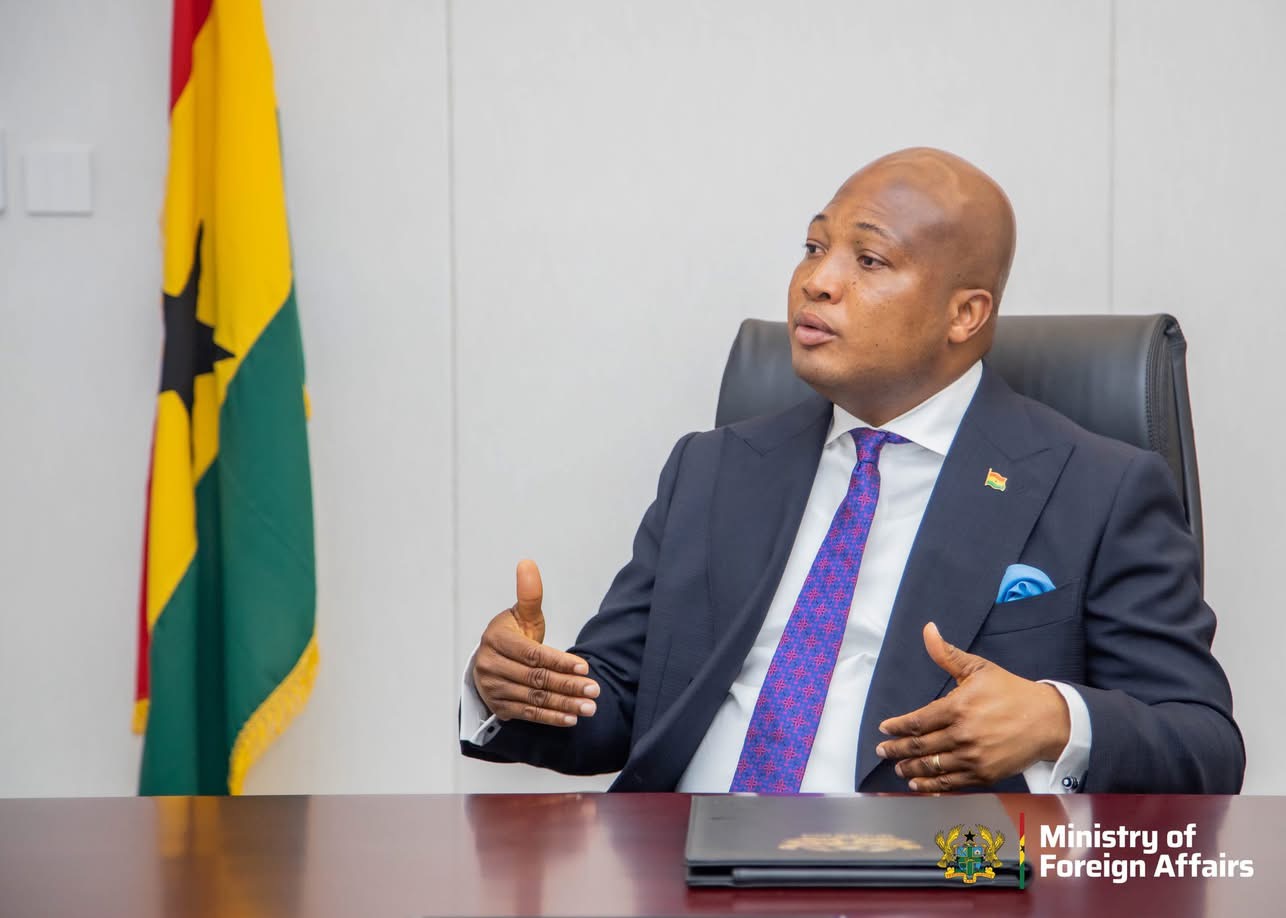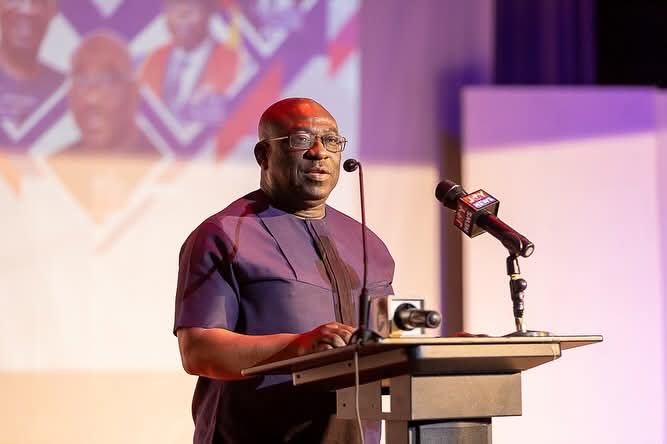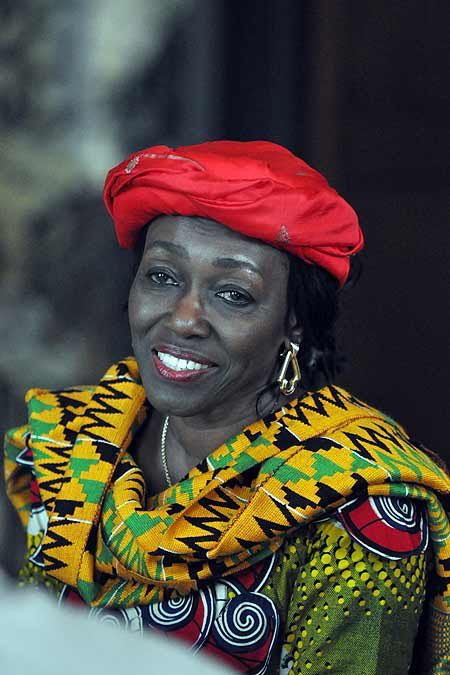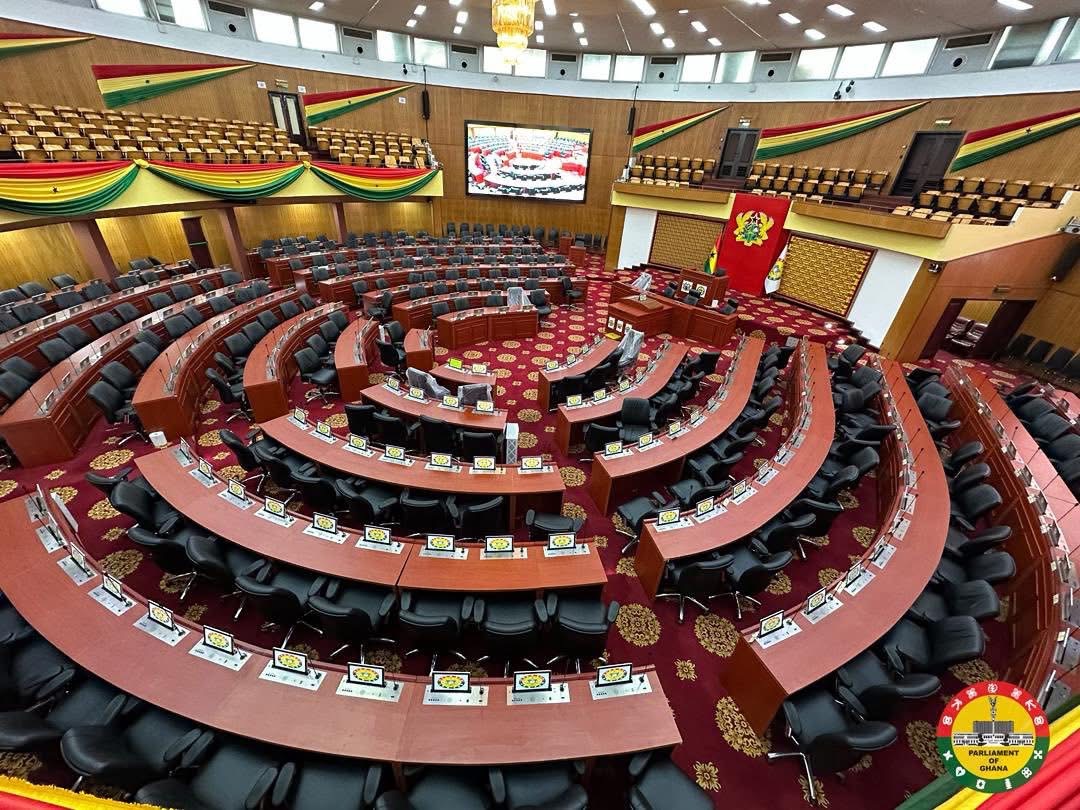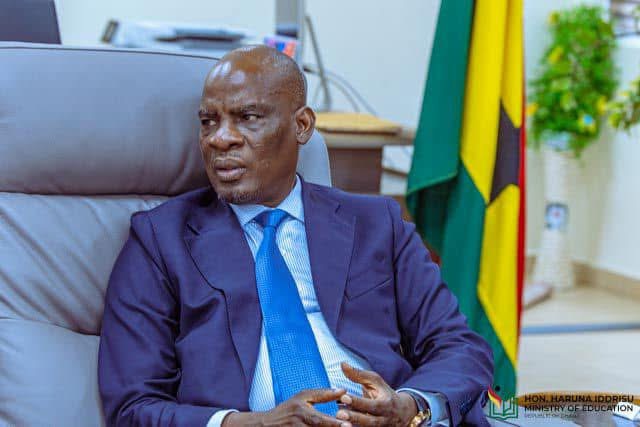Friday, September 19, 2025, the Teachers and Educational Workers’ Union (TEWU) of TUC (Ghana) declared an indefinite nationwide strike. This decision has shaken the education sector, as it affects not only classroom teaching but also the vital backbone of administration, security, libraries, and cultural institutions.
At the heart of the strike is a long history of neglect. For years, non-teaching staff across the Ghana Education Service (GES), universities, the Ghana Library Authority, and even the Museums and Monuments Board have voiced concerns about their working conditions, yet their pleas have often gone unanswered. According to TEWU, patience and restraint have run out. In their words, every legal channel under the Labour Act has been followed, every procedure respected, yet their demands remain unresolved.
The issues at stake are neither new nor unreasonable. Non-teaching staff are asking for the immediate signing of their Conditions of Service, inclusion in the September Continuous Professional Development (CPD) Allowance, and the resolution of long-standing promotion grievances. They are also calling on the Fair Wages and Salaries Commission to finalize agreements that have been delayed for far too long. These are not extravagant demands but rather matters of fairness, recognition, and dignity for workers who play a critical role in the education system.
The decision to strike was not taken lightly. TEWU’s leadership made it clear that intimidation or obstruction will only worsen matters, describing such acts as unfair labour practices. By placing responsibility for the disruption on the government and its agencies, the Union is sending a firm message: the welfare of non-teaching staff can no longer be sidelined.
The impact of this strike cannot be underestimated. While teachers may still be in classrooms, the absence of non-teaching staff will paralyze operations across schools and universities. Administrative work will stall, libraries will close, security will weaken, and support services will grind to a halt. Education, which depends on a full ecosystem of both teaching and non-teaching staff, will struggle to function.
This moment presents a test for the government. It is not simply about meeting the financial demands of a group of workers; it is about acknowledging the integral role they play in shaping the future of education. For too long, non-teaching staff have been treated as peripheral, yet their absence today reminds us that they are central to the smooth running of every institution.
Unless swift action is taken to address their grievances, the strike may linger and deepen frustrations within the sector. It is now up to the government to step forward, not with promises, but with concrete solutions that restore confidence and stability. The peace of Ghana’s education system, and the future of its students, depends on it.
